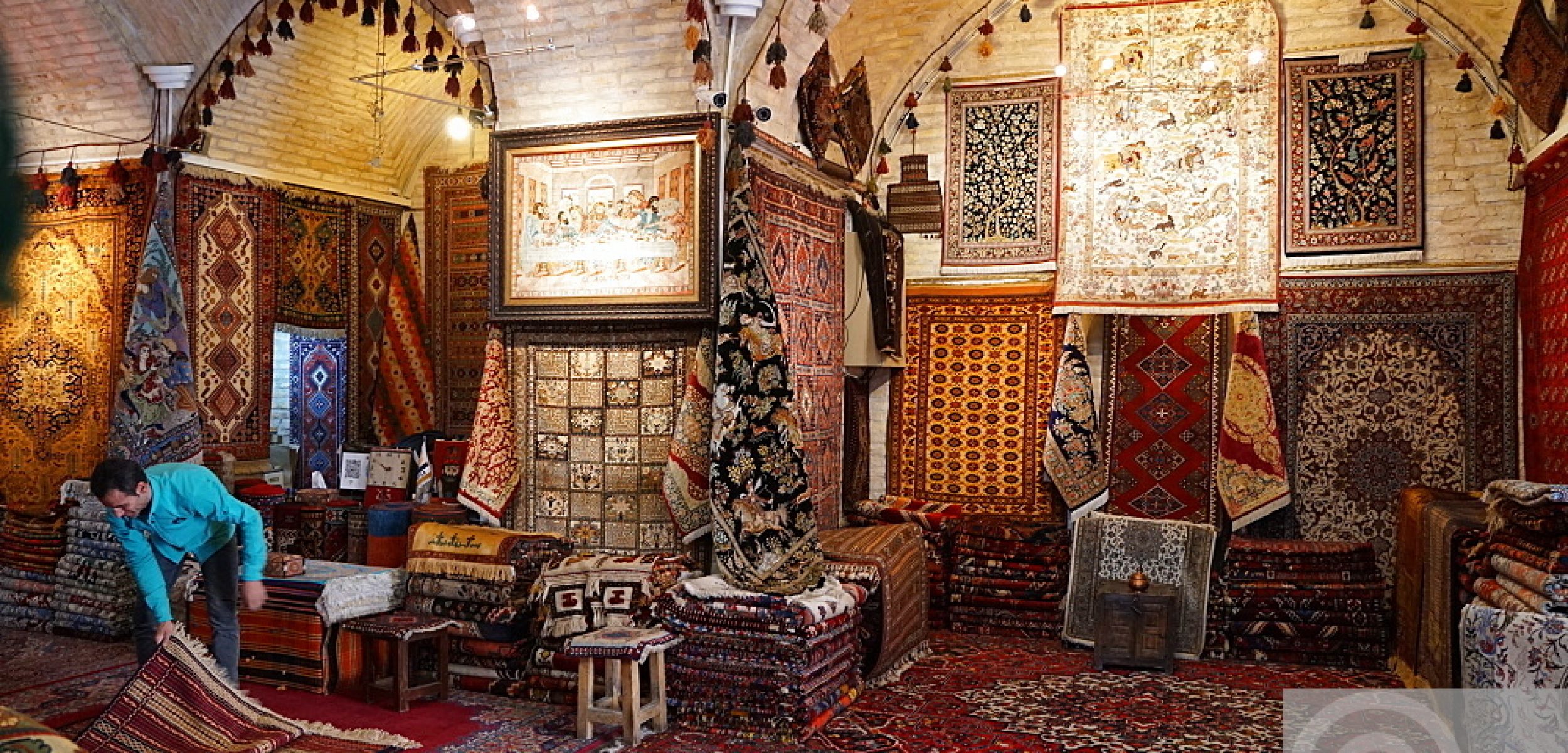Date
- Oct 03 2020
- Expired!
Time
- 8:00 am - 10:00 am

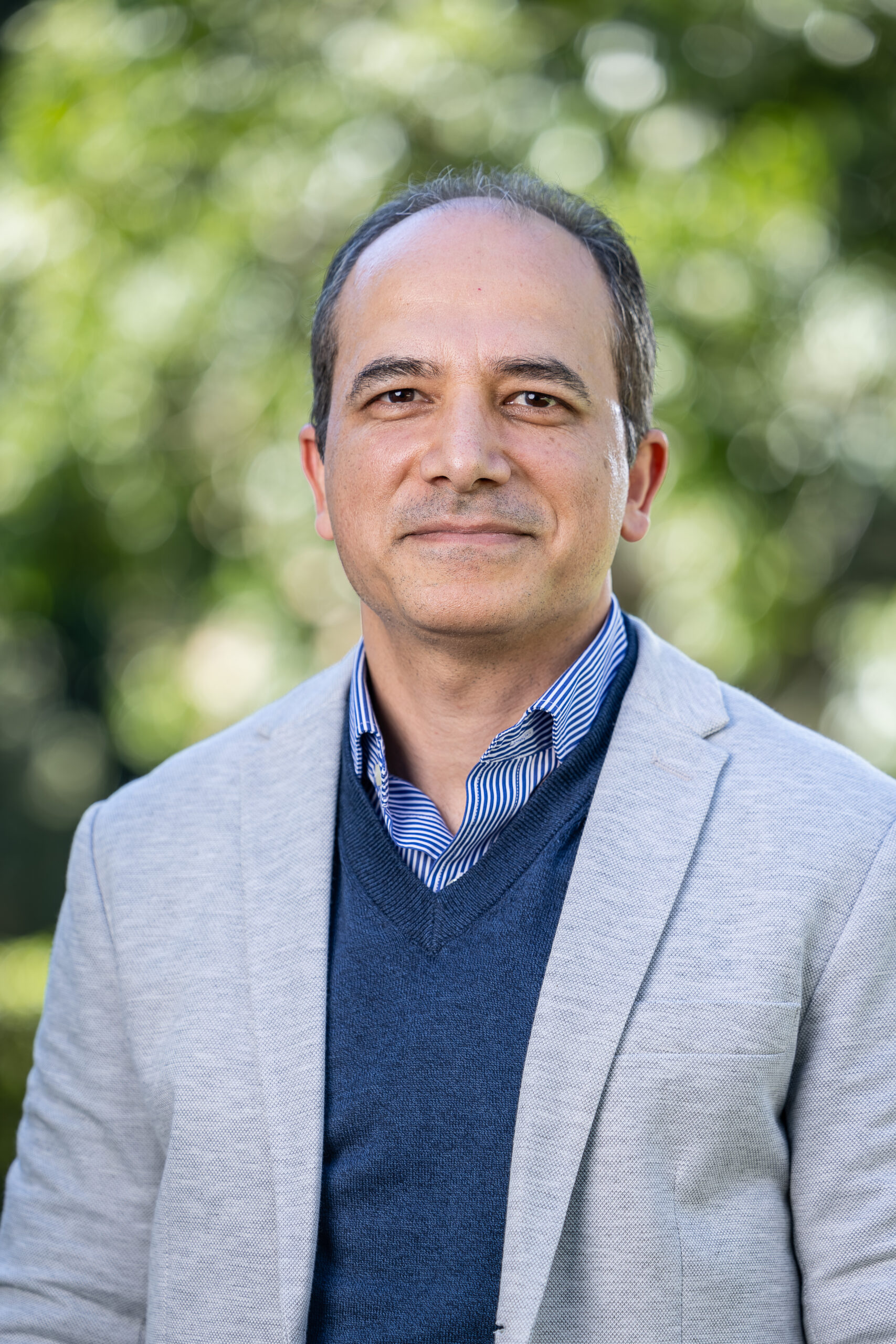
|
Dr. Rastegar is a researcher and academic with a multidisciplinary background in environmental sciences and tourism management. His research is positioned at the forefront of justice-oriented sustainability transitions, environmental conservation, and regenerative tourism. His work critically examines how tourism systems can be reimagined to support inclusive, equitable, and regenerative futures at local, national, and global levels. Dr. Rastegar has successfully led and completed several large-scale international, multidisciplinary projects, collaborating with scholars worldwide. His research has advanced climate justice in tourism policy and practice and contributed to conceptualising justice in tourism development. In addition to his work in urban destinations, he has conducted influential research in protected areas and national parks, exploring human–nonhuman relationships through the lenses of ecological and social justice. Recognised as a thought leader in the field, Dr. Rastegar has been invited to deliver keynote and invited talks at major international conferences, including the UN World Tourism Conference, where he addressed themes of justice and sustainability transitions. Through his scholarship and advocacy, he aims to support more just, resilient, and ecologically attuned pathways for tourism futures. |
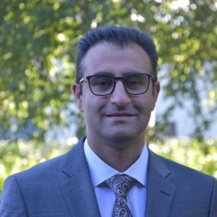
|
Siamak Seyfi is an associate professor of tourism geography at the University of Oulu, Finland, and a visiting professor at Taylor’s University, Malaysia. He holds a PhD in tourism geography from Pantheon-Sorbonne University, France. |
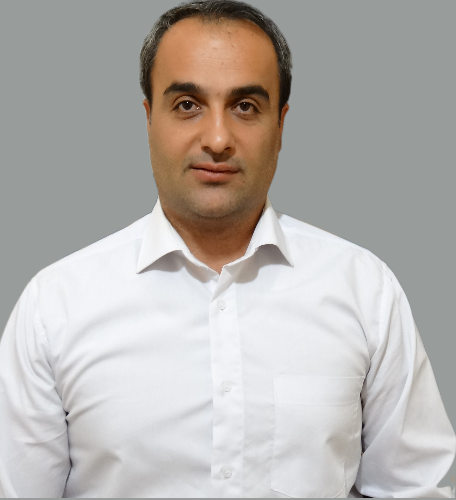
|
سالار کُهزادی، استادیار گروه مدیریت گردشگری، دانشگاه کردستان، سنندج، ایران. علایق اصلی پژوهشی وی شامل گردشگری هوشمند، رفتار دوستدار محیط زیست، رفتار گردشگران، مصرف سیاسی، کلان داده ها و کسب و کار دیجیتال می باشد. |
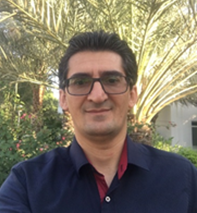
|
Dr. Zahed Ghaderi is Assistant Professor in tourism management at Kharazmi University, in Tehran, and Visiting Professor at Silk Road International University of Tourism in Samarkand, Uzbekistan. He has over two decades of both practical and academic experiences in the field, and has published extensively in top tier tourism journals. His research interests include sustainable tourism, community based tourism, ecotourism, etc. Zahed has collaborated with international organizations such as UNDP, SGP, GEF, COMCEC, and UNWTO in implementing community-based tourism projects. He has, also, managed several national and international tourism projects in different countries. |
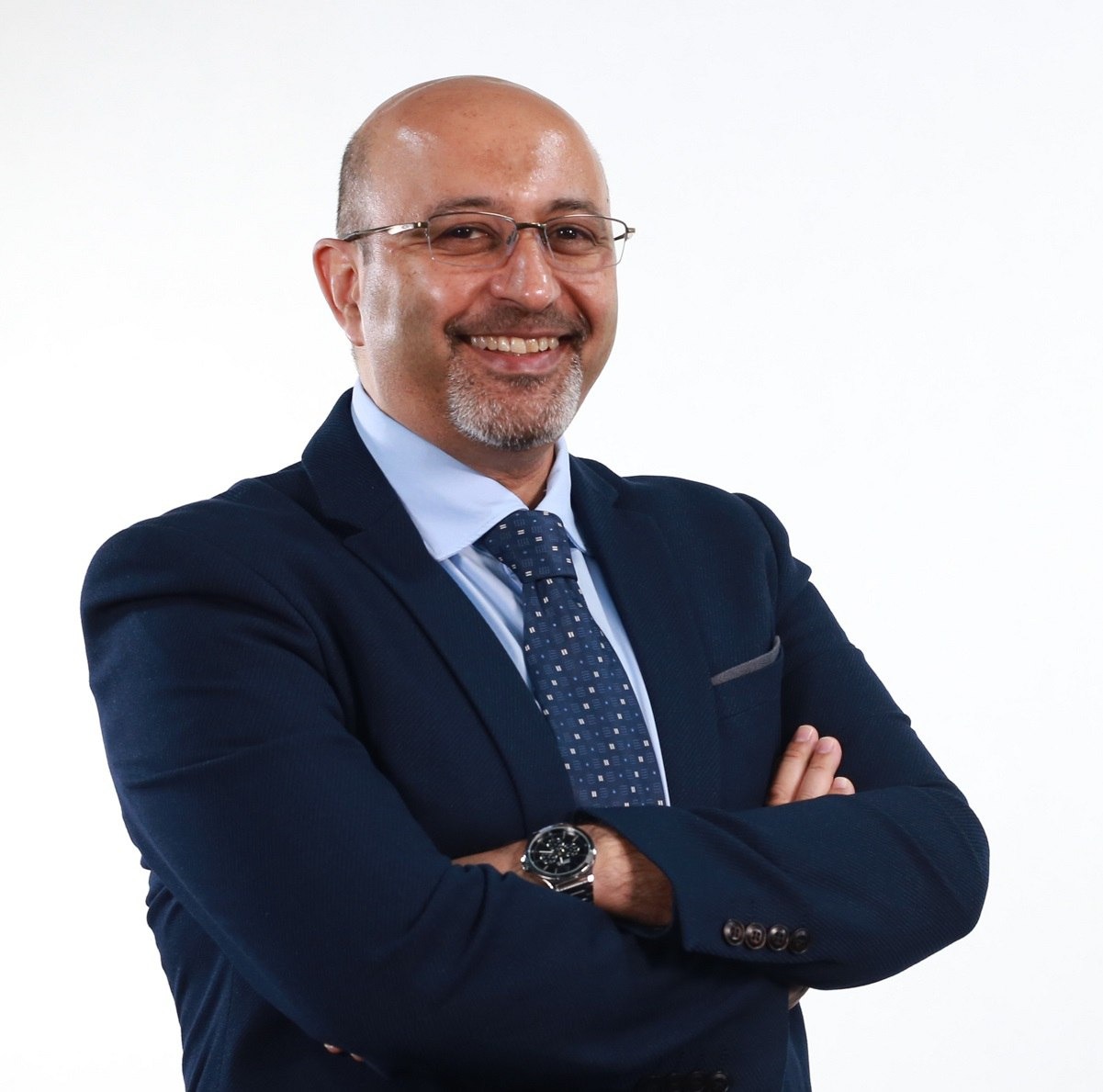
|
S. Mostafa Rasoolimanesh is a Professor of Tourism at the School of Hospitality, Tourism and Events of Taylor’s University. His research interest areas contain sustainable tourism, heritage tourism, community participation, residents’ perceptions toward tourism development, and advanced quantitative analysis approaches. He has published widely in leading tourism and hospitality journals. |
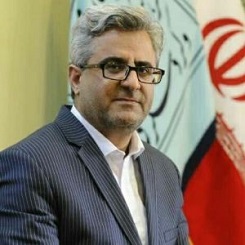
|
ِDr. Vali Teymouri is the Deputy Minister of Cultural Heritage, Tourism, and Handicrafts of Iran. He has completed his PhD in economic geography with a focus on tourism. In addition to educational and research activities, he has extensive activities in various government departments |
 | Raymond Rastegar Moderator |
 | Siamak Seyfi Moderator |
 | Salar Kuhzady Moderator |
 | Zahed Ghaderi Panelist |
 | S. Mostafa Rasoolimanesh Panelist |
 | Vali Teymouri Panlist |
Local Time
- Timezone: America/New_York
- Date: Oct 02 2020
- Time: 3:00 pm - 5:00 pm
Volume 5
The impacts of this outbreak are particularly significant in Iran as many of affected small businesses and self-employed people are those whose livelihood depend upon tourism as a vehicle to spur their development and economic inclusion. Thus, responses are needed at local, national and global level to limit the direct effects of COVID-19 and to help the affected societies and communities return to growth and stability. This webinar sheds light on the recovery strategies of SMEs in Iran and discusses the policy responses and resilience mechanisms required to combat this crisis for SMEs.
Some Next Events:





